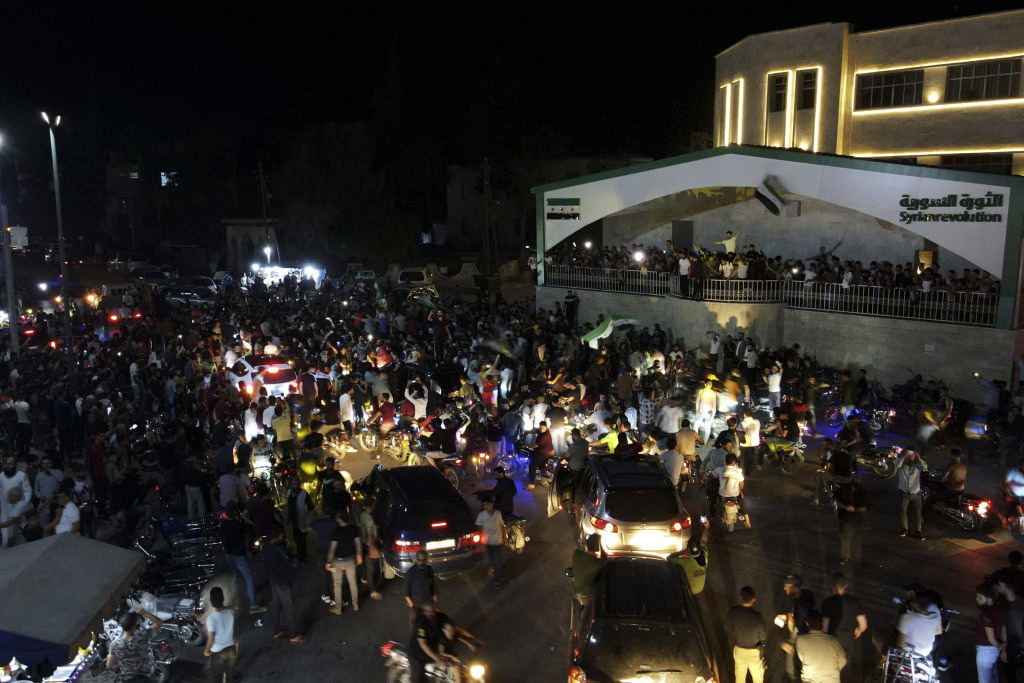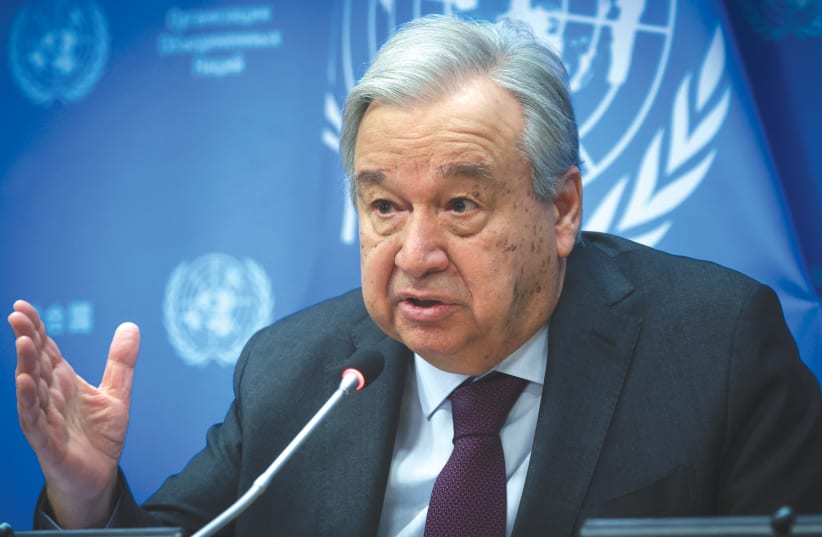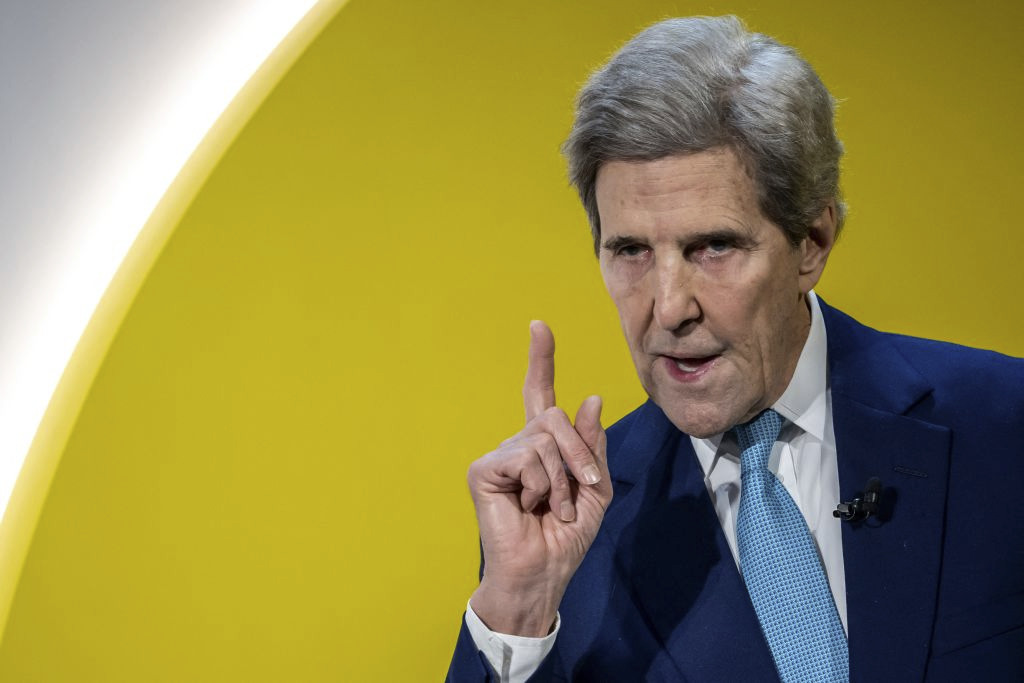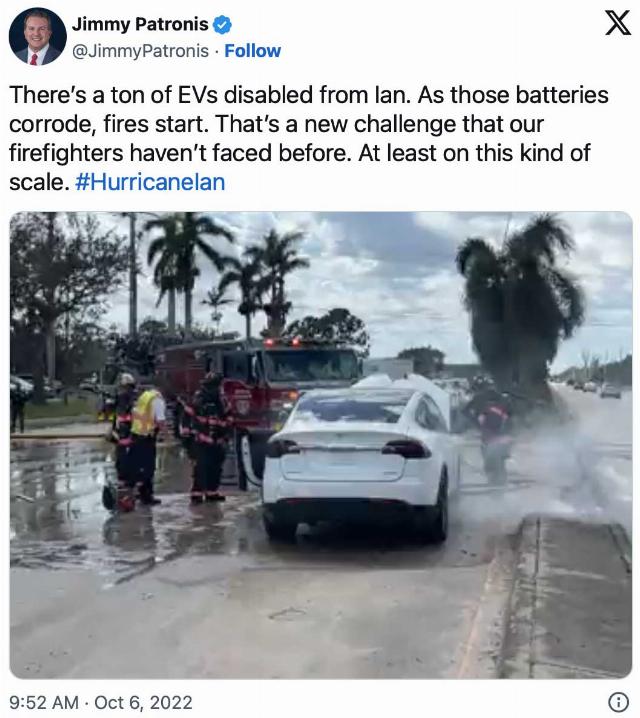by Bassam Tawil
"Honestly, Lebanon should toss Nasrallah into the sea like the U.S. did with Bin Laden—no land deserves that filth. Though, I do feel bad for the fish." — Amjad Taha, United Arab Emirates, to his 571,000 followers on X, September 28, 2024.
Translations of this item:
"Israel just made all the Middle East happy tonight." — Israeli-Lebanese Christian journalist Jonathan Elkhoury, X, September 27, 2024.
"As a Lebanese, this is one of the happiest days in Lebanon's history.... As a human being who holds peace before my eyes, this is the most important day for our region. Nasrallah and Hezbollah have terrorized the Lebanese people since the 1980s.... Every Lebanese and every decent human being should feel joy at the downfall of one of the greatest evils of our time. Now, we have a real chance to look forward... and sitting down with Israelis and the West for genuine negotiations on normalization and peace between our countries—Israel and Lebanon." — Jonathan Elkhoury, X, September 24, 2024.
"Honestly, Lebanon should toss Nasrallah into the sea like the U.S. did with Bin Laden—no land deserves that filth. Though, I do feel bad for the fish." — Amjad Taha, United Arab Emirates, to his 571,000 followers on X, September 28, 2024.
All the students at US university campuses who have been protesting Israel's war against Iran's terror proxies, such as Hezbollah and Hamas, should hear the voices of these Arabs. These voices demonstrate how many Arabs have also been harmed by terrorism and how they wish for a better future for their children and their people. These voices also show that in the war against Islamist terrorism, a growing number of Arabs consider Israel an ally.

Hassan Nasrallah, the leader of the Iran-backed Hezbollah terrorist group in Lebanon who was killed in an Israeli airstrike on September 27, was often described by many in the West as a "formidable enemy" of Israel. Nasrallah's death, however, has shown that many Arabs, including some of his fellow Lebanese citizens, also considered him an enemy and arch-terrorist. The Hezbollah chief was responsible for killing not only a large number of Israelis over the past three decades, but also many Arabs, especially in Lebanon and Syria.
That is probably why the news of Nasrallah's elimination was greeted with jubilation by many Israelis and Arabs.
Hezbollah has long been an ally of the Ba'ath regime of Syria, ruled by the Assad family. Hezbollah has helped the Ba'ath regime during the Syrian civil war in its fight against the Syrian opposition, backed by the US.
Hezbollah's intervention in the Syrian civil war, which erupted in 2011, was pivotal in helping regime security forces regain control of several Syrian provinces, including Aleppo, and in maintaining its grip on power despite widespread opposition. For many Syrians, particularly those in opposition-held areas such as Idlib, Hezbollah's involvement in the war is synonymous with oppression and violence.
One Syrian wrote:
"I'm in idlib right now and the Syrians are out on the streets celebrating rumours of the death of Nasrallah, the leader of Hezbollah, aka Hezboshaytan ["the party of Satan"]!
"Just a few days ago Hezboshaytan bombed a village here, today we buried a 1 year old baby and his mother that were killed."
Syrian journalist Omar Madaniah posted on X a video of hundreds of Syrians in the streets celebrating the death of Nasrallah, with some handing out sweets, and commented:
"Hassan Nasrallah should kill himself if he does not die, especially after he saw the overwhelming joy of the people after the news of his death.
"His killing of hundreds of thousands of Syrians removed the mask of 'resistance' from his ugly face, and he was unable to wear it again."
Images and videos circulating on social media featured Syrian children holding banners expressing gratitude to Israeli Prime Minister Benjamin Netanyahu for authorizing the assassination of Nasrallah. One banner reads: "Thank you, Netanyahu. We want you to take out the criminal [Syrian President] Bashar Assad." Another banner reads: "Thank you, Netanyahu. You have brought joy to the children of Syria."
In still another video, an imam of a mosque in Syria is heard announcing through a loudspeaker: "Thank Allah for the death of the oppressor Hassan Nasrallah."
Israeli-Lebanese Christian Jonathan Elkhoury commented:
"Syrians are celebrating tonight handing over baklawa [pastry] following the news that Nasrallah might be dead.
Nasrallah and Hezbollah butchered the people of Syria, helping Assad regime kill his own people.
Israel just made all the Middle East happy tonight."
In another post on X, Elkhoury wrote:
"As a Lebanese, this is one of the happiest days in Lebanon's history. As a Middle Easterner, this is one of the most transformative days for the Middle East. As a human being who holds peace before my eyes, this is the most important day for our region.
"Nasrallah and Hezbollah have terrorized the Lebanese people since the 1980s. He is responsible for the continuous downfall of Lebanon's economy and sovereignty. He bears responsibility for countless assassinations of fine Lebanese men and women, solely for opposing his grip on our precious country.
"Nasrallah is also responsible for the slaughter of thousands of Syrian children, women, and men, as well as for other atrocities across the Middle East.
"Every Lebanese and every decent human being should feel joy at the downfall of one of the greatest evils of our time.
"Now, we have a real chance to look forward, ensuring Hezbollah's weapons are handed over to the Lebanese authorities, and sitting down with Israelis and the West for genuine negotiations on normalization and peace between our countries—Israel and Lebanon."
Amjad Taha, an expert in Strategic Political Affairs from the United Arab Emirates, praised Israel for assassinating the Hezbollah chief:
"This morning dawns without Nasrallah, the head of Hezbollah, no longer casting his shadow over Lebanon. What a joyous afternoon it is! An early Merry Christmas and Hanukkah echo in the air. A truly historic day—one that fills the heart with pride. Well done, Israel—sincerely and forever. Today, the Middle East embraces a new light, with Israel at the heart of a bright and beautiful future. Israel has triumphed, and its enemies fade, now and for eternity. The 7th of October stands as a testament: you dared, and now they shall dare no more. [Hamas leader Yahya] Sinwar, you are next."
In another post on X, Taha, wrote to his 571,000 followers:
"Repost if you're still celebrating. Like if you're wondering which part of the filthy terrorist they're burying. Honestly, Lebanon should toss Nasrallah into the sea like the U.S. did with Bin Laden—no land deserves that filth. Though, I do feel bad for the fish. Any ideas?"
Kareem Rifai, who describes himself as an "anti-authoritarian advocate Syrian Circassian," commented on the celebrations in his country over the death of Nasrallah:
"The last time we saw Free Syrians celebrate like this was after [Iranian President Ebrahim] Raisi's helicopter crash — but the reaction to Nasrallah tonight is even more energetic."
Many Lebanese have also expressed joy over the death of Nasrallah, whom they hold responsible for the assassination of several of their country's politicians, including former Prime Minister Rafic Hariri, who was killed by a car bomb in Beirut in 2005. A United Nations investigation team found evidence of Hezbollah's responsibility for Hariri's assassination. A UN-backed tribunal issued four arrest warrants to members of Hezbollah.
Some Lebanese believe the assassination of Nasrallah provides an opportunity for their country to end Hezbollah's state-within-a-state status in their country. Lebanese columnist Nadim Koteich remarked:
"The most dangerous thing for Lebanon is today is not the departure of Hassan Nasrallah from the scene. The most dangerous thing facing Lebanon today is the absence of the State of Lebanon. I call for an emergency meeting of all Lebanese leaders to discuss a unilateral ceasefire to save Lebanon. I call on the Lebanese Army to restore law and order."
A Lebanese social media user called JannatM urged all Lebanese to demand an end to Hezbollah's control of Lebanon in the aftermath of the elimination of Nasrallah:
"The Lebanese abroad must take to the streets in front of their embassies and peacefully express their rejection of Hezbollah and the current government, and a demand a government that represents them.
"Move.
"Don't miss the opportunity.
"Even if it doesn't happen now, the world with know that your country is being kidnapped [by Hezbollah]."
All the students at US university campuses who have been protesting Israel's war against Iran's terror proxies, such as Hezbollah and Hamas, should hear the voices of these Arabs. These voices demonstrate how many Arabs have also been harmed by terrorism and how they wish for a better future for their children and their people. These voices also show that in the war against Islamist terrorism, a growing number of Arabs consider Israel an ally.
Bassam Tawil is a Muslim Arab based in the Middle
East. His work is made possible through the generous donation of a
couple of donors who wished to remain anonymous. Gatestone is most
grateful.
Source:https://www.gatestoneinstitute.org/20984/arabs-celebrate-nasrallah-death





